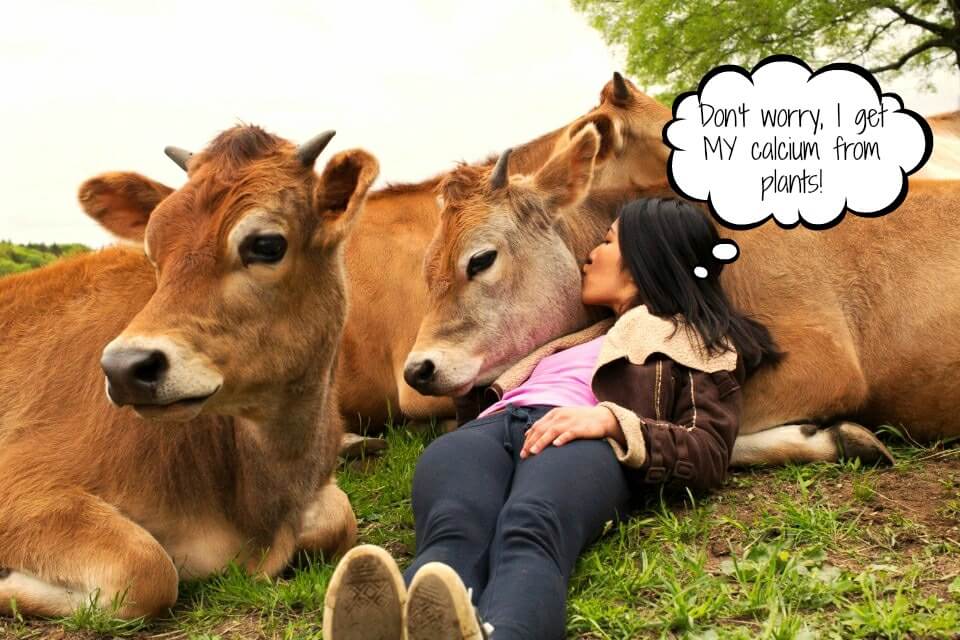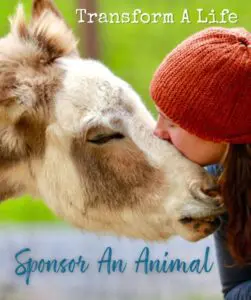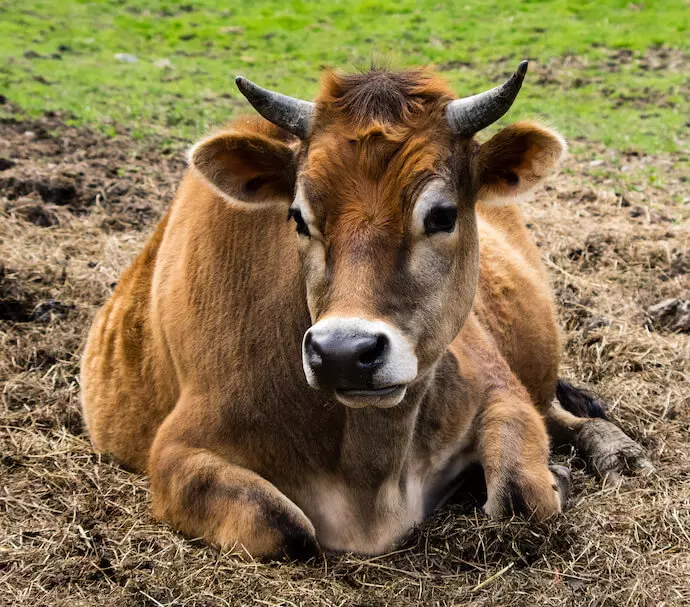
Get the Scoop on Vegan Vitamins
By Holly Kalyn, Editorial Intern for Compassionate Cuisine
It’s National Nutrition Month, which means there’s no better time to evaluate our nutritional needs and make sure we’re keeping our bodies running at maximum capacity. Vitamins and minerals are fundamental components of any healthy diet and lifestyle, including veganism! In pursuit of achieving a well-balanced diet, let’s take a look at some of the important vitamins and minerals for vegans to be mindful of and which will help you be your healthiest vegan self: iron, calcium, and B12.
Iron
Iron is a mineral that’s in hemoglobin and is responsible for carrying oxygen throughout our bodies, providing cell support, aiding in digestion, and sustaining other bodily functions. According to the CDC (Center for Disease Control), the Recommended Daily Allowance (RDA) for iron is between 8-18 mg for women and 8-11 mg for men. This recommendation is based on heme iron, or, iron that comes from animal foods. According to the National Academy of Sciences, (the same group that developed the RDA reports in the 1940s) the updated recommendation is that vegans should consume roughly 1.8 times more iron because plant-based iron is not absorbed as well as heme iron.
It’s easy to increase the absorption of plant-based iron, just add a vitamin C source at your meal. For instance, a ½ cup of fiber-rich spinach contains approximately 3.2 mg of iron. Including a source of vitamin C such as red bell pepper or Brussels sprouts in the same meal with the spinach will work to increase the amount of iron your body absorbs from this leafy green. Another important tip is to avoid coffee (even decaf), tea and calcium supplements before and after your meals as they inhibit the absorption of iron.
There are many vegan foods that contain iron. According the VRG (Vegetarian Resource Group), soybeans, blackstrap molasses, lentils, spinach, tofu, chickpeas, tempeh, Swiss chard, kidney beans, black beans and sea vegetables are all good sources of non-heme iron.
If you don’t think you’re getting enough iron in your diet, talk to your doctor about taking an iron supplement to meet your daily requirements.
Calcium
Calcium is an important mineral that strengthens our bones, prevents risk of osteoporosis, and aids in muscle and nerve function. According to the CDC, the RDA for calcium for adults between the ages of 18-70 is anywhere from 1000-1300 mg.
Most of us learned that dairy was the only place to find calcium because the dairy industry has done a great job marketing milk and cheese as the best ways to build healthy bones. In fact, many plant-based foods are also sources of this mineral and are often better for your bones than milk. According to the VRG, some of the best vegan sources of calcium are; blackstrap molasses, cooked collard greens, tofu with calcium sulfate, calcium-fortified non-dairy milk, many store-bought soy yogurts, turnip greens, cooked kale, boo chou, and sea vegetables, just to name a few!
If you don’t think you’re getting enough calcium in your diet from the foods you eat, talk to your doctor about adding a vegan calcium supplement to your regimen.
Vitamin B12
Let’s talk vitamin B12 because everyone else seems to be! Essential to both nerve and blood cell health as well as the production of DNA, the RDA for B12 for adults is actually quite low at 2.4 mcg. However, a sustained deficiency in this vitamin can lead to irreversible nerve damage, so it’s important to make sure you’re getting enough.
As pointed out in Chef Linda’s blog post on B12, traditional sources of B12 are animal foods. According to the VRG, animals eat plant foods that are contaminated with microorganisms or that are actually fortified with B12. In turn, B12 is passed on to whoever consumes the animal. Plant foods don’t intrinsically contain this vitamin unless they are fortified with it, which leads us to the discussion of where we can find B12 in a vegan diet.
Vegan products that are often fortified with B12 include; non-dairy milk, vegan meat alternatives made from soybeans or wheat gluten (seitan), vegan energy bars, and certain brands of nutritional yeast. According to the VRG, Red Star Nutritional yeast T-6635+, also labeled as Vegetarian Support Formula, is a variety of nutritional yeast that will meet your RDA of B12 in only two teaspoons. When buying these products, check labels to determine whether B12 is added
If you already take a daily vegan multi-vitamin, B12 is probably included, but check the label to find out. If you don’t take a multi-vitamin or any B12 supplement, ask your doctor about adding one to your daily routine.
Remember, knowledge is power, and with a little effort, you can ensure that you thrive as a vegan by making sure you know how to cover all of your nutritional bases.
(Note: When investigating your own nutritional needs, always consult a physician before starting a new supplement, as every individual’s needs vary and certain medications and supplements may conflict with others.)






